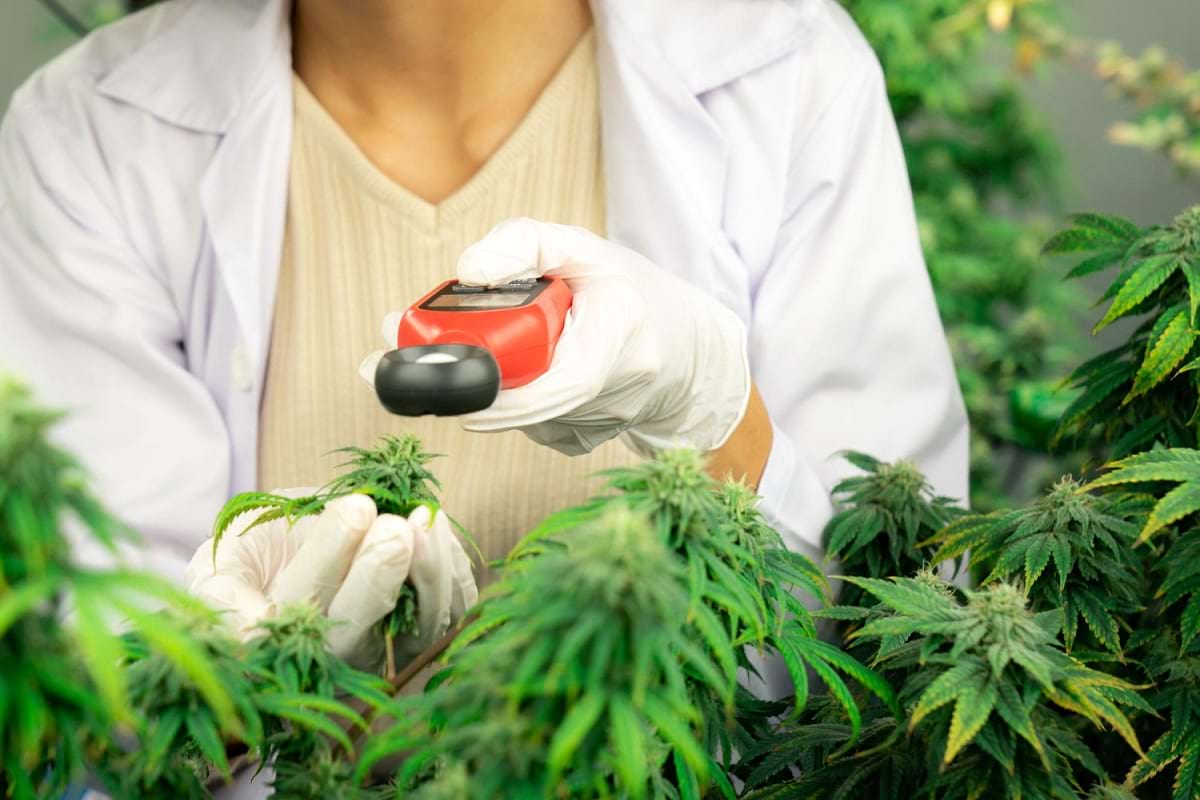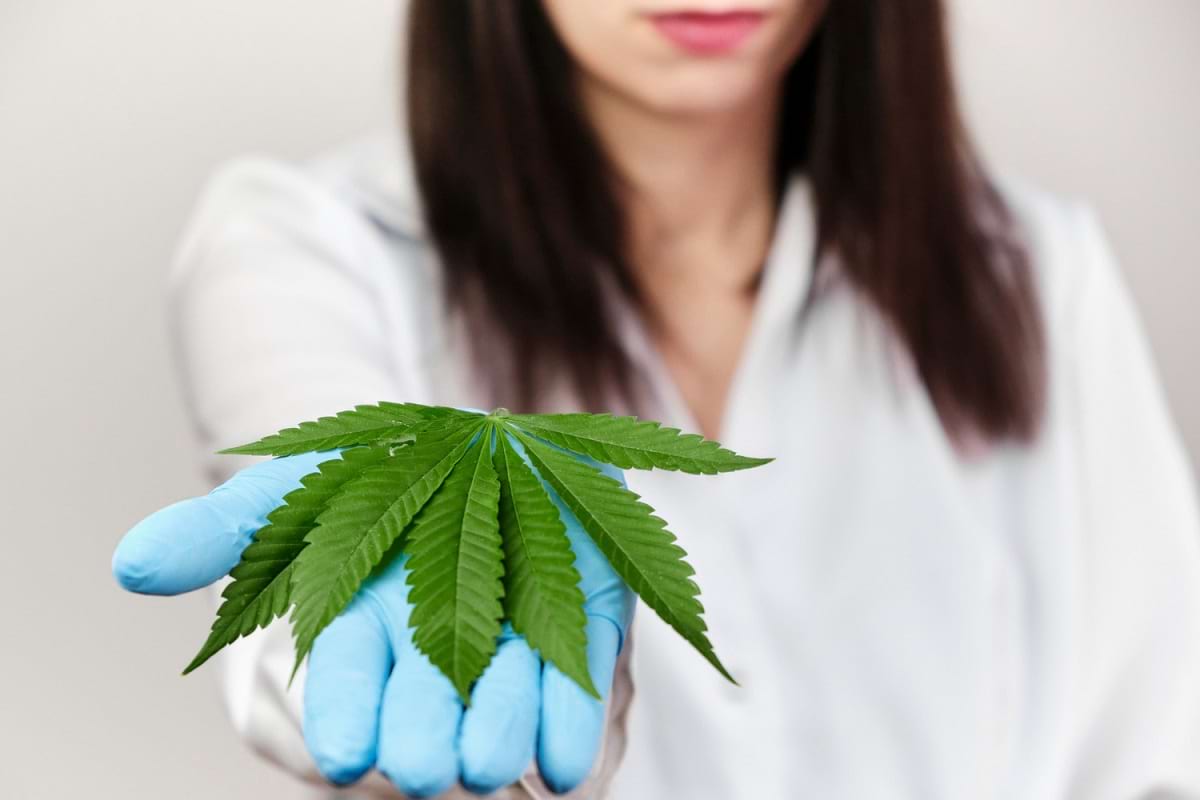Colorado stands as a pioneer in the realm of medical marijuana legislation, having embarked on a journey towards legalization long before many other states. Since the passing of Amendment 20 in the year 2000, which established the framework for medical marijuana use in the state, Colorado has undergone significant evolution in its laws and regulations governing the cultivation, distribution, and consumption of medical cannabis. These laws, while progressive in many aspects, have also faced their fair share of challenges and controversies.
The economic impact of medical marijuana legalization in Colorado: A statewide analysis
The legalization of medical marijuana in Colorado has not only transformed the state’s healthcare landscape but has also had profound economic implications. A comprehensive analysis of the economic impact reveals a multi-faceted scenario, where the cannabis industry has emerged as a significant contributor to the state’s revenue stream. From job creation and tax revenue to tourism and ancillary industries, the economic ripple effects of medical marijuana legalization extend far beyond the confines of the cannabis market itself.

How medical marijuana works?
Understanding the mechanisms behind the therapeutic effects of medical marijuana requires delving into the intricate workings of the endocannabinoid system (ECS) within the human body. The active compounds in marijuana, known as cannabinoids, interact with receptors in the ECS to modulate various physiological processes, including pain perception, inflammation, mood regulation, and appetite stimulation. This intricate interplay between cannabinoids and the ECS forms the basis of medical marijuana’s efficacy in treating a wide array of medical conditions.
- Pain Management: One of the most well-known benefits of medical marijuana is its effectiveness in alleviating pain. Cannabinoids, the active compounds in marijuana, interact with the body’s endocannabinoid system to modulate pain perception, providing relief to individuals suffering from chronic pain conditions such as arthritis, fibromyalgia, and neuropathy.
- Anti-inflammatory Properties: Medical marijuana exhibits potent anti-inflammatory properties, making it a valuable treatment option for inflammatory conditions like rheumatoid arthritis, Crohn’s disease, and multiple sclerosis. By reducing inflammation, medical marijuana helps mitigate tissue damage and alleviate associated symptoms.
- Nausea and Vomiting Relief: Cancer patients undergoing chemotherapy often experience severe nausea and vomiting as side effects of treatment. Medical marijuana, particularly certain cannabinoids like THC and CBD, has demonstrated efficacy in reducing chemotherapy-induced nausea and vomiting, improving patients’ quality of life during cancer treatment.
- Appetite Stimulation: Loss of appetite and cachexia are common complications in patients with cancer, HIV/AIDS, and other chronic illnesses. Medical marijuana has been shown to stimulate appetite and promote weight gain, offering much-needed nutritional support to individuals struggling with appetite suppression.
- Anxiety and Depression Management: Anxiety and depression are prevalent mental health disorders that can significantly impair daily functioning and quality of life. Medical marijuana, especially strains with higher CBD content, has shown promise in reducing anxiety and depression symptoms, providing patients with a sense of calm and relaxation.
- Sleep Improvement: Insomnia and sleep disturbances are common complaints among patients with chronic pain, PTSD, and other medical conditions. Medical marijuana with sedative properties can help promote relaxation and improve sleep quality, enabling patients to achieve restorative rest.

Promoting awareness and understanding of medical marijuana
Despite the growing acceptance and legalization of medical marijuana in many jurisdictions, misconceptions and stigmas surrounding its use persist. Promoting awareness and fostering a deeper understanding of medical marijuana is essential in dispelling myths and ensuring informed decision-making among patients, healthcare professionals, policymakers, and the general public alike. Education campaigns, research initiatives, and open dialogue platforms play crucial roles in shaping perceptions and attitudes towards medical cannabis.
What is a medical marijuana card?
In states where medical marijuana is legal, obtaining a medical marijuana card, also known as a cannabis recommendation or prescription, is often a prerequisite for accessing cannabis products from dispensaries. These cards serve as official documentation issued by healthcare providers like Drnatmed, certifying an individual’s eligibility to use medical marijuana for specific medical conditions. The application process typically involves a consultation with a qualified physician, who evaluates the patient’s medical history and symptoms to determine their suitability for medical marijuana treatment. Once approved, patients receive their medical marijuana cards, granting them legal access to purchase and possess cannabis products for therapeutic purposes.




